Tired of repeatedly cramming information into your brain? Frustrated that you aren’t seeing results? After trying out varying learning methods, I was able to find studying less mundane and more enjoyable and manageable. Hence, a concept that I wish to touch upon today is how to be more cognisant of our own learning styles so that we can better cater to our personalised learning journey.
Interested to find out how? Let’s dive into it now.
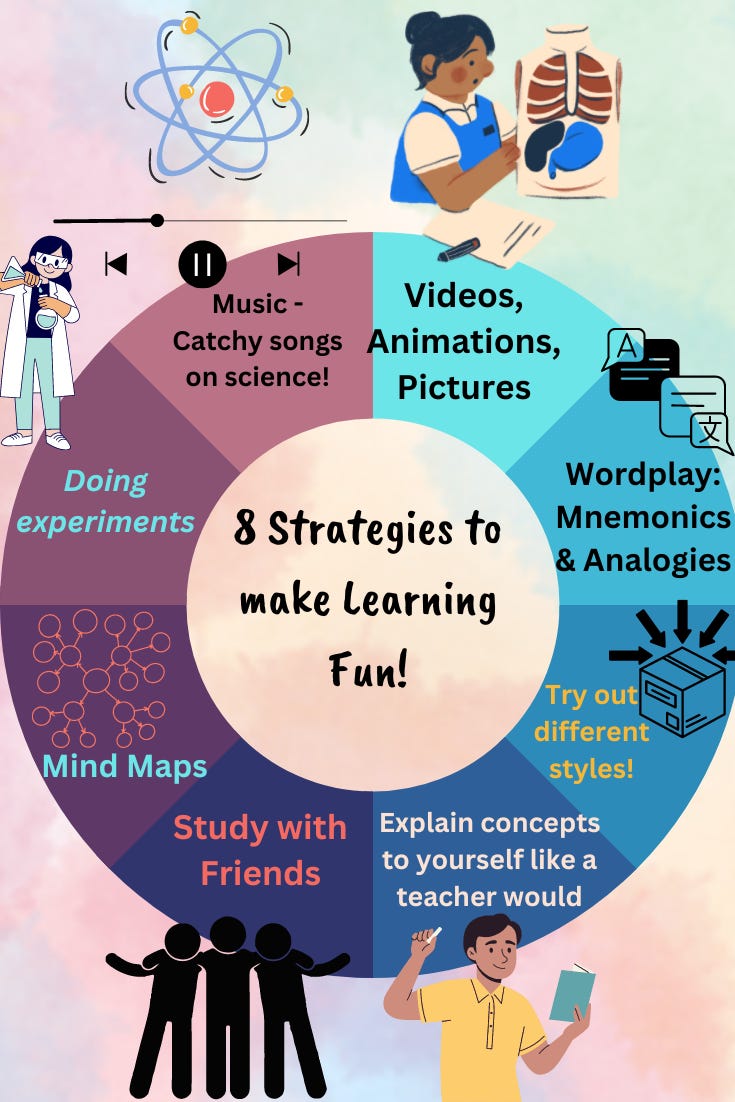

There are a wide variety of resources, and many tested and well-researched methods that assist learning more efficiently, from the use of quizzes, algorithms in applications/platforms that help with spaced repetition and engage active recall, etc.
However, it is important to note that what may work for another might not necessarily work for you. This can be well exemplified in a concept called “Survivorship Bias”, where certain methods of learning may be promoted based on the success stories, but forget the countless others who might have attempted the same methods and failed miserably.
Hence, it is crucial to heed advice from others with a healthy dose of scepticism and identify what works best for yourself, by identifying some of our learning styles & preferences when approaching multiple problems/learning new skills and using appropriate resources to supplement that learning.
8 Learning Styles🎓
Theorised and developed by Howard Gardner, a developmental psychologist, this is a model of the 8 multiple intelligences, detailing how humans have greater affinity for differing information processing and intelligence types in a simplified version.
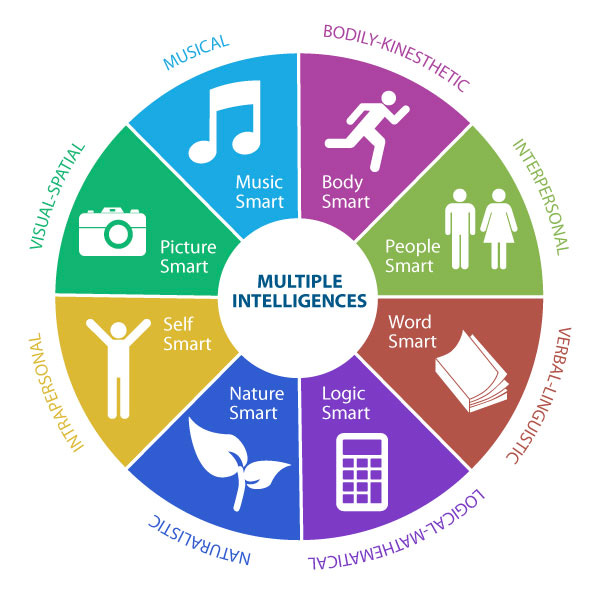

Sajaganesandip, CC BY-SA 4.0 <https://creativecommons.org/licenses/by-sa/4.0>, via Wikimedia Commons
It was even further adapted into 8 learning styles, namely:
- Verbal
- Visual
- Musical/Auditory
- Physical/Kinaesthetic
- Logical/Mathematical
- Social
- Solitary
- Combination
While exploring the different types of learning styles, I wanted to share some of the ways I have experimented, so let’s delve into the individual aspects below.
Verbal🗣️
To put simply, having a stronger affinity with the verbal learning style means that you are able to gain a good understanding of concepts through the use of words, writing down in notes or narrating out concepts to gain clarity. What I think can enhance this form of learning is through the use of wordplay.
For example, the use of Mnemonics for concepts that you might find difficult to remember


Oren neu dag, CC BY-SA 3.0 <https://creativecommons.org/licenses/by-sa/3.0>, via Wikimedia Commons
I’m sure that many are familiar with the mnemonic ROYGBIV which stands for the colours of the rainbow.
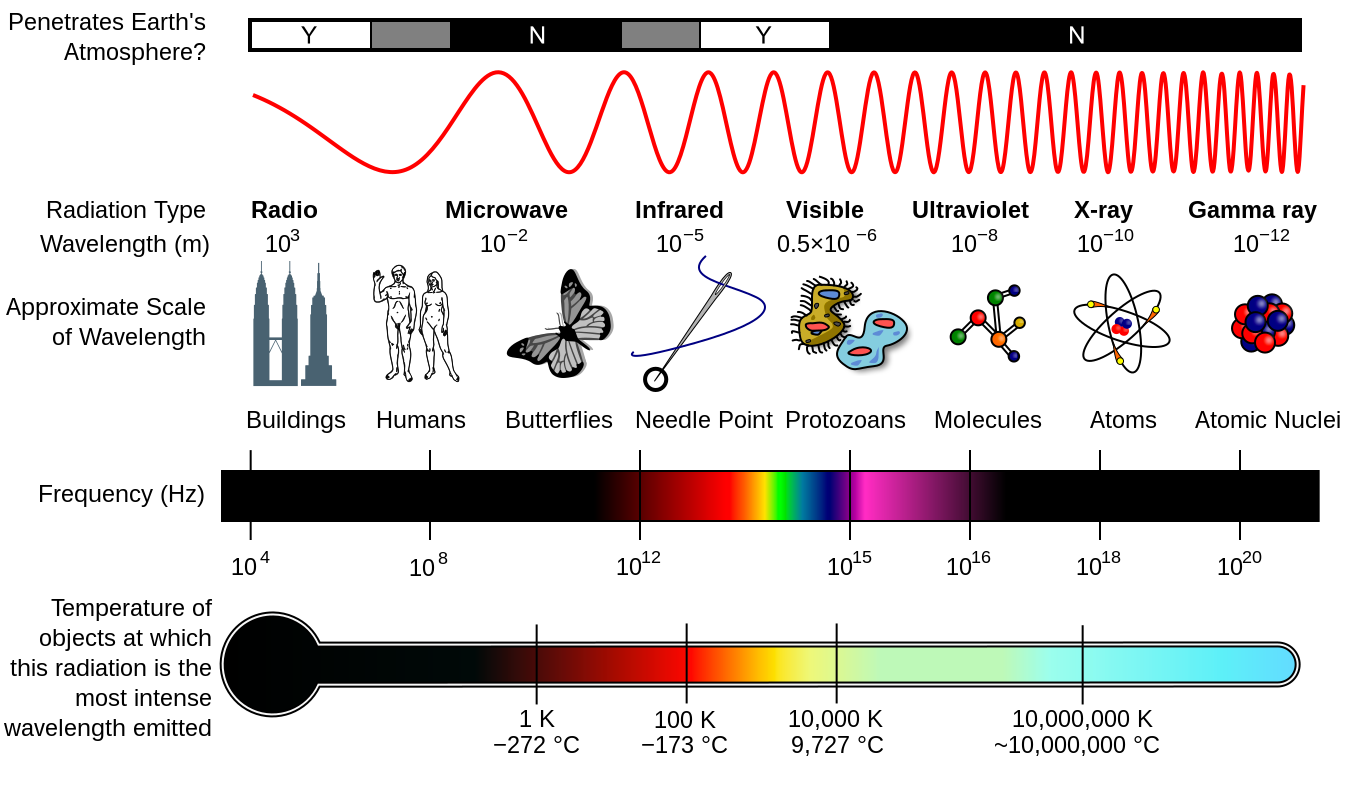

Inductiveload, NASA, CC BY-SA 3.0 <http://creativecommons.org/licenses/by-sa/3.0/>, via Wikimedia Commons
I have also used it to remember the electromagnetic spectrum, back in high school when I was learning about physics.
- Rabbits (Radiowave)
- Mate (Microwaves)
- In (Infra-red)
- Very (Very)
- Unusual (Ultraviolet)
- eXpensive (X-Ray)
- Gardens (Gamma)
Visual👀
Very often, when we think of gaining a deep understanding of a concept, we seek to visualise the process – one good way to learn this is through videos that animate processes, and provide graphic images that can stick. If you are learning about something in relation with sciences, perhaps a visual model would help (Anatomical model or an experimental model)
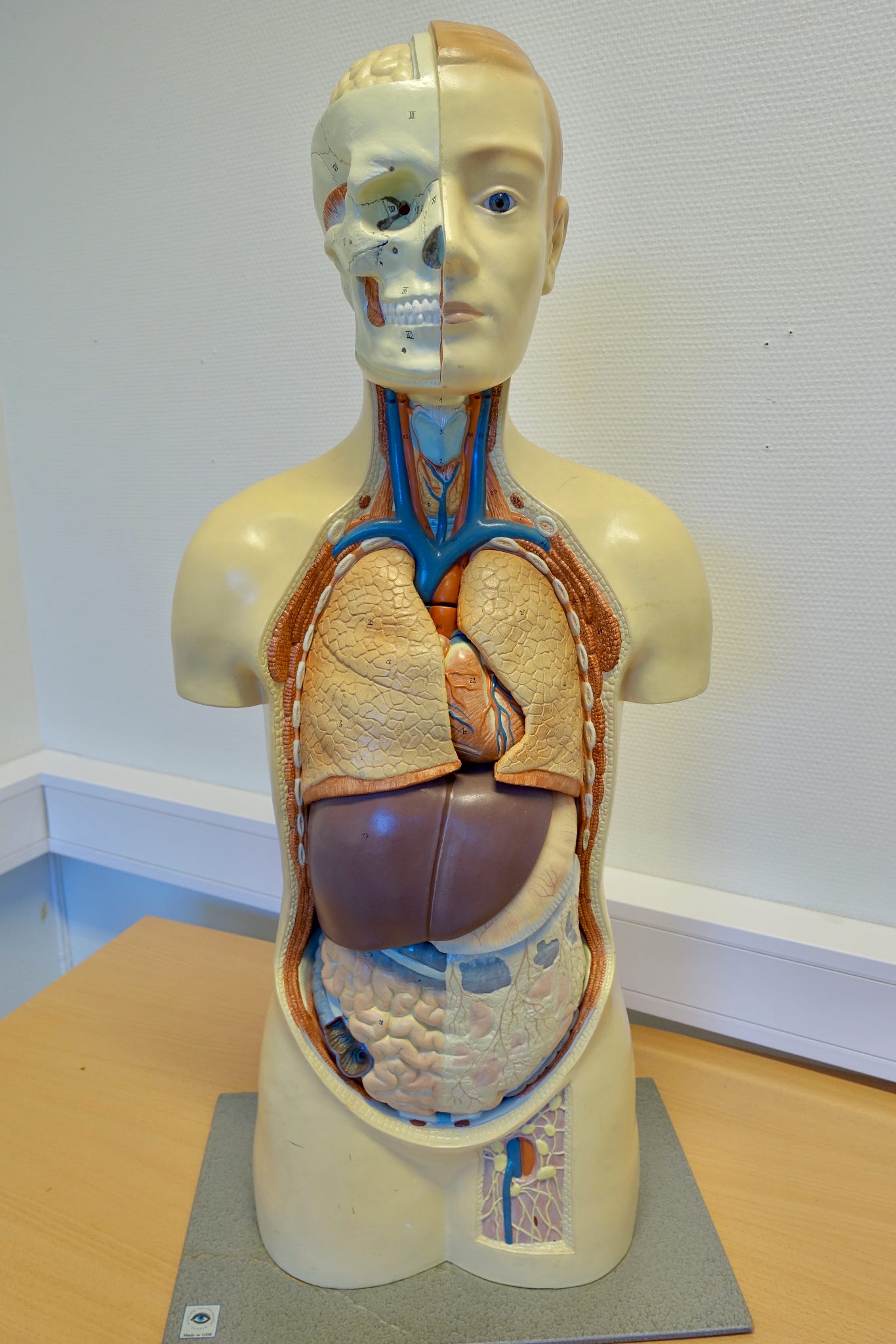

Source: Wolfmann, CC BY-SA 4.0 <https://creativecommons.org/licenses/by-sa/4.0>, via Wikimedia Commons
Musical/Auditory🎹
Some people like to learn through music → When I was browsing through Youtube, I chanced upon some interesting music that can help to reinforce information learnt- for example, ASAPScience’s Periodic Table song.
If you are feeling adventurous, make a song incorporating the concepts you have learnt in school into the lyrics of your favourite tune. I think many people might shy away from things like these because it might be very time-consuming. However, with the use of ChatGPT/other AI software to create musical pieces, the possibilities are much much more than before.
If it helps you to retain information better and provides you with enjoyment in the process, why not?
Physical/Kinaesthetic🏃
For me, being able to combine that sense of touch (physical feel) with a mental model really enhances my ability to retain information.
Personally, this is one of the learning styles that help with some of the sciences, especially physics – being able to interactively act out experiments – for example when learning about the different types of forces – friction (the act of rubbing your hands together which produces heat energy, or even feeling the sensation of friction between the sole of your shoe and the ground opposing your forward motion as you move forward).


Logical/Mathematical✖️
For this learning style, it involves drawing patterns, connections between different ideas by linking concepts, or forming solutions by viewing the problem in a logical sequence. This framework of thinking isn’t exclusive to just Mathematics, it can also be utilised in other areas such as Science (even through the use of Mindmaps)
5 Quick Tips to Use Mind Maps when learning science
Social🏘️
What draws me towards learning as a part of a group is the collaborative aspect of it – with the added benefit of challenging yourself to explain and evaluate concepts to a group of friends. With reference to the Feynman’s Technique, being able to explain a complicated concept into elementary terms demonstrates an astute understanding of your content, which serves to elevate your own awareness of your personal areas for improvement, thus your learning efficacy.
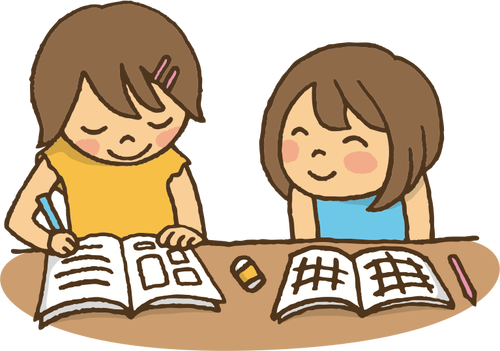

Solitary🧘🏻
As the name suggests, this is for learners who like the quiet focus and concentration of working alone and being able to be lost in his/her own thoughts. Some might prefer this form of studying because you might have less distractions (if you do attempt to get rid of those sources), but I think it is also interesting when you can combine both solitary and social learning. Being able to disseminate information on your own and then present it to another (or even to yourself) like a teacher would can also improve your learning efficacy.


Combination 🎨
As the name suggests, this is when people have more than one type of preferred learning style. Although we all might have one learning style that we are most comfortable with using, I think it is of paramount importance to explore different learning styles to suit different needs.
Thank you for reading! Share it with others if you found it interesting 🙂
Concluding Thoughts💭
From the educators’ perspective, it is important to note that there is insufficient empirical evidence that suggests catering instructional styles to individuals and utilising whichever learning style more predominantly is beneficial for learning outcomes, which can also be affected by the learning context and characteristics of tasks assigned (how understanding is assessed).1
Categorising learners into discrete learning styles (for example, based on the VARK theory) remains controversial, and general consensus amongst researchers remains that using evidence-based teaching strategies that have a strong base of well-substantiated supporting data (Direct Instruction, Collaborative TBL, PBL, etc.) is far more crucial for effective education.2
From a learner’s standpoint, I think that our learning preferences do not have to be mutually exclusive. By taking ownership of our own learning, trying out different modalities of learning and experimenting with novel resources, we can reap benefitson our performance and enhance intrinsic motivation in our learning.
Hope you found this insightful!
Happy Reading ~
Here are some of my other articles on learning, check them out!
How to Remember Faster & Study Better with Mnemonics (using ChatGPT)
1 Rohrer, D., & Pashler, H. (2012). Learning styles: Where’s the evidence? Medical Education, 46(7), 634-635.
2 Kirschner, P. A., Sweller, J., & Clark, R. E. (2018). Educational psychology: Past, present, and future. Educational Psychologist, 53(2), 81-94.
